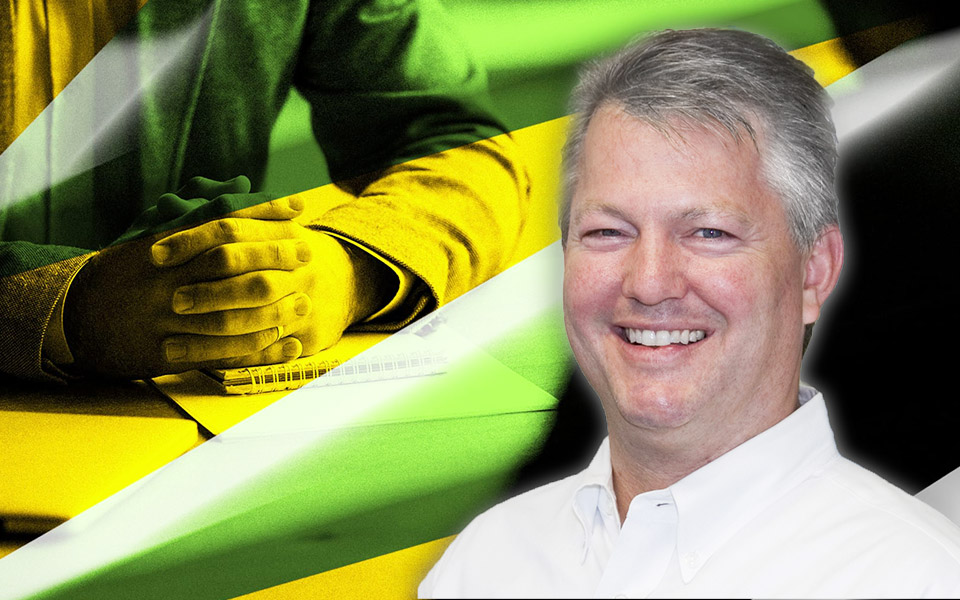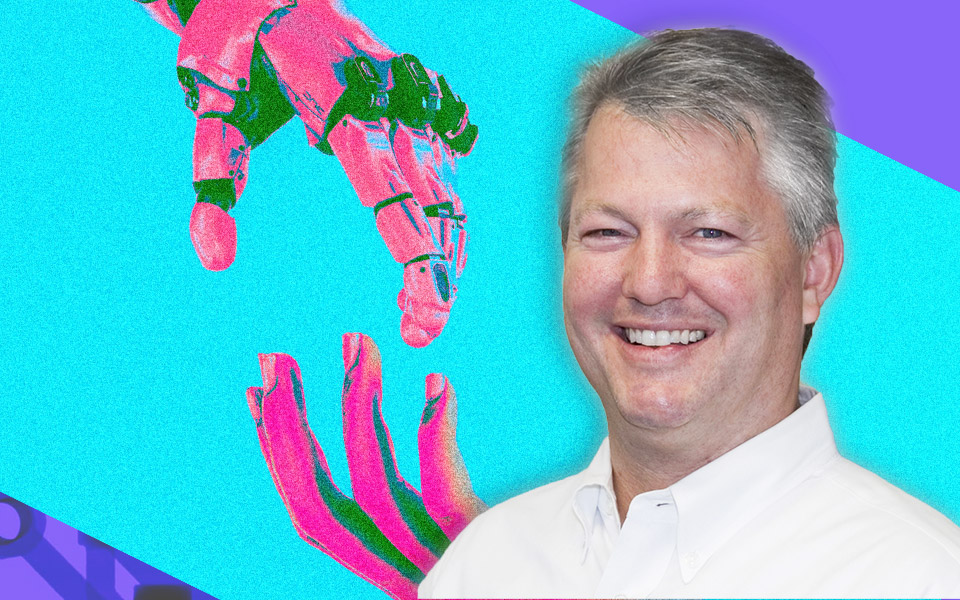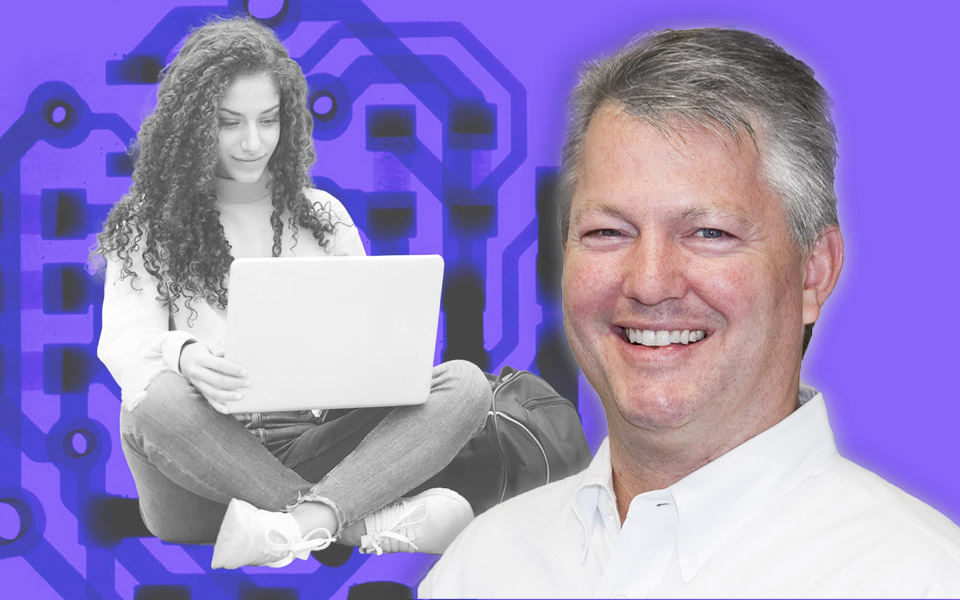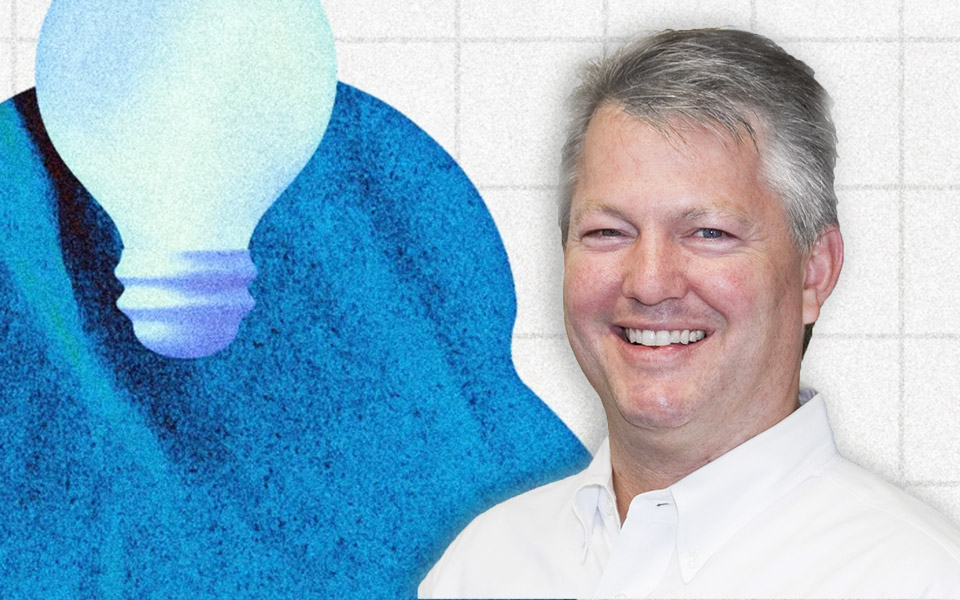
by Alex Funkhouser
Questions about citizenship, race, disability, or other characteristics often skirt what’s allowed by law. Here’s what to do if you’re asked one.
Throughout the hiring process, managers typically assess a candidate’s suitability for a role by investigating their experience, communication abilities, and other relevant professional attributes. Nevertheless, some hiring managers continue to overstep boundaries by probing into protected information such as age, identity, disabilities, or familial status.
Of the men surveyed, 38% admit to asking illegal questions, compared with 23% of women. Women are believed to ask illegal questions less often due to their experiences “being on the other side of an illegal question” and losing out on an “opportunity because of it.”
A Resume Builder study that surveyed 1,000 U.S. hiring managers found that 1 in 3 hiring managers say that they knowingly ask illegal questions. Here is what you need to know:
- Hiring managers want to know how other priorities and situations affect employees’ ability to work
- Men are more likely to knowingly ask illegal questions than women
- Applicants often don’t know when they are being asked an illegal question
Read the complete Fast Company article BY CLAIRE ZHAO: https://www.fastcompany.com/91092181/hiring-managers-ask-illegal-questions-during-job-interviews

by Alex Funkhouser
Researchers have found that AI has the power to impact the vast majority of jobs.
One of the first questions people ask when they start using AI seriously is whether it will affect their job. The answer is probably yes.
The question is important enough that at least four different research teams have tried to quantify exactly how much overlap there is between jobs that humans can do and jobs that AI can do, using a very detailed database of the work required in 1,016 different professions. Each study has concluded the same thing: Almost all of our jobs will overlap with the capabilities of AI. As I’ve alluded to previously, the shape of this AI revolution in the workplace looks very different from every previous automation revolution, which typically started with the most repetitive and dangerous jobs. Research by economists Ed Felten, Manav Raj, and Rob Seamans concluded that AI overlaps most with the most highly compensated, highly creative, and highly educated work. College professors make up most of the top 20 jobs that overlap with AI (business school professor is number 22 on the list ). But the job with the highest overlap is actually telemarketer. Robocalls are going to be a lot more convincing, and a lot less robotic, soon.
Only 36 job categories out of 1,016 had no overlap with AI. Those few jobs included dancers and athletes, as well as pile driver operators, roofers, and motorcycle mechanics (though I spoke to a roofer, and they were planning on using AI to help with marketing and customer service, so maybe 35 jobs). You will notice that these are highly physical jobs, ones in which the ability to move in space is critical. It highlights the fact that AI, for now at least, is disembodied. The boom in artificial intelligence is happening much faster than the evolution of practical robots, but that may change soon. Many researchers are trying to solve long-standing problems in robotics with large language models, and there are some early signs that this might work, as LLMs make it easier to program robots that can really learn from the world around them.
Read the complete Fast Company article BY ETHAN MOLLICK: https://www.fastcompany.com/91072675/a-wharton-professor-explains-why-most-jobs-will-be-impacted-by-ai

by Alex Funkhouser
ChatGPT is being utilized by workers in professional settings everyday. Here’s why students should be prepared.
ChatGPT was officially introduced on November 22, 2022, by OpenAI. When It initially launched, it was described as a tool that could provide responses based on prompts. But since its introduction, ChatGPT has been updated and revised several times, and it now includes both free and premium account options.
Recent studies indicate that over 91% of organizations want to hire candidates with ChatGPT experience. Anecdotally, in speaking with companies that partner with Rutgers, several have expressed an interest in hiring early-career talent with knowledge of and experience with ChatGPT.
During this period there have been many discussions about the use of ChatGPT at colleges and universities. Although it has been more than 18 months since ChatGPT was introduced, there are often more questions than answers.
Some professors and administrators have attempted to limit students’ use of ChatGPT. However, I actually recommend that my students at Rutgers’ School of Management & Labor Relations use ChatGPT. Here is an overview of how young people are already using ChatGPT—and why I believe we should encourage them to use it more.
Read the complete Fast Company article BY KYRA SUTTON: https://www.fastcompany.com/91071156/why-some-professors-are-encouraging-students-to-use-chatgpt

by Alex Funkhouser
‘This could destroy our business,’ the CEO of HR compliance giant Mineral said after his first demo of ChatGPT. A year later, here’s how the tech is helping the company re-envision its future.
A little more than a year ago, my CTO asked me to hop on an urgent Zoom. He had something he needed to show me, he said. It was OpenAI’s newly released ChatGPT. As the CEO of a company that delivers HR compliance content and guidance, I was alarmed. “This could destroy our business,” I told him.
Before any company sets out to implement its AI strategy, its leadership must ask themselves three questions to assess their cultural readiness.
Fast-forward one year, and we’re in a completely different place. Instead of distancing ourselves from artificial intelligence, we’ve embraced it. We ran experiments on ChatGPT to see how well it could handle compliance questions we receive from our customers. We created an internal task force dedicated to understanding and incorporating AI across our company. Then, we started to build our own custom GPTs to test whether we could combine the best of what we do with this emerging technology.
Although we pivoted from a place of fear to one of enthusiasm, getting here wasn’t easy. Setting the strategy was relatively straightforward, but creating the cultural foundation was a more complicated undertaking. It took countless conversations, some mistakes, a lot of self-reflection, and careful planning to reenvision both our company and the HR experience of our customers in an AI-enabled world.
Read the complete Fast Company article BY NATHAN CHRISTENSEN: https://www.fastcompany.com/91055270/how-we-moved-beyond-fear-of-genai-to-fully-harness-its-transformative-power

by Alex Funkhouser
Charles Duhigg, author of ‘Supercommunicators: How to Unlock the Secret Language of Connection,’ explains how to level up communication to forge better connections.
Charles Duhigg is a Pulitzer Prize-winning reporter and New York Times best-selling author of The Power of Habit and Smarter Faster Better. He is a graduate of Yale University and Harvard Business School. Duhigg has been a frequent contributor to This American Life, NPR, The Colbert Report, PBS’s NewsHour, and Frontline. He is a winner of the National Academies of Sciences, National Journalism, and George Polk awards.
Below, Duhigg shares five key insights from his new book, Supercommunicators: How to Unlock the Secret Language of Connection. Listen to the audio version—read by Duhigg himself—in the Next Big Idea App.
1. WE ARE ALL SUPERCOMMUNICATORS.
We all access our instincts and figure out how to how to connect with someone else. We all have the ability to ask ourselves, “What kind of conversation is actually happening? Is this a social conversation, practical conversation or emotional conversation?” We can then match the other person and invite them to match us. Within psychology, this is actually known as the matching principle. What it says is that we need to be having the same kind of conversation at the same time, if we want to connect with each other.
Read the complete Fast Company article here: https://www.fastcompany.com/91060964/5-techniques-to-turn-the-way-you-talk-into-a-superpower





